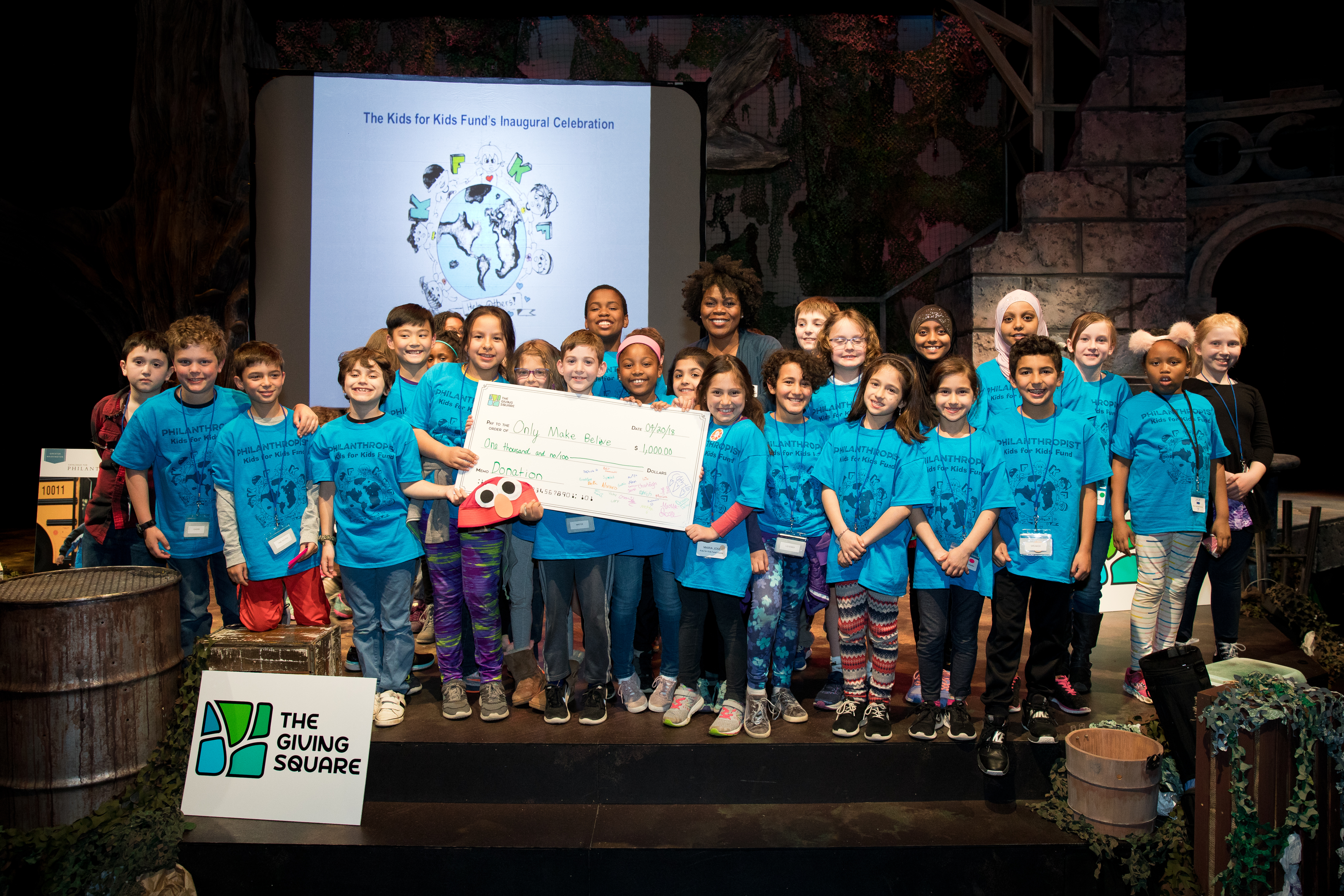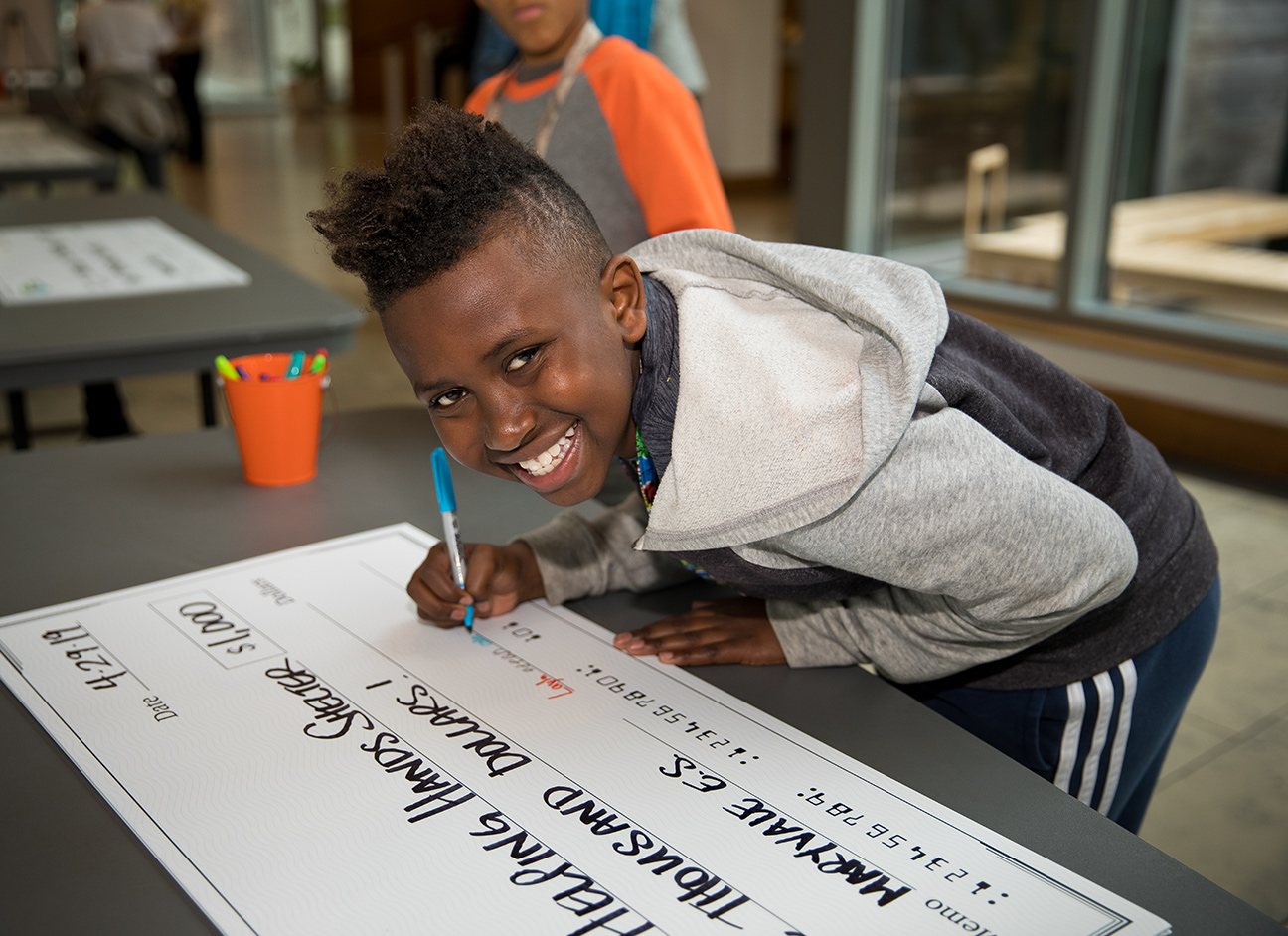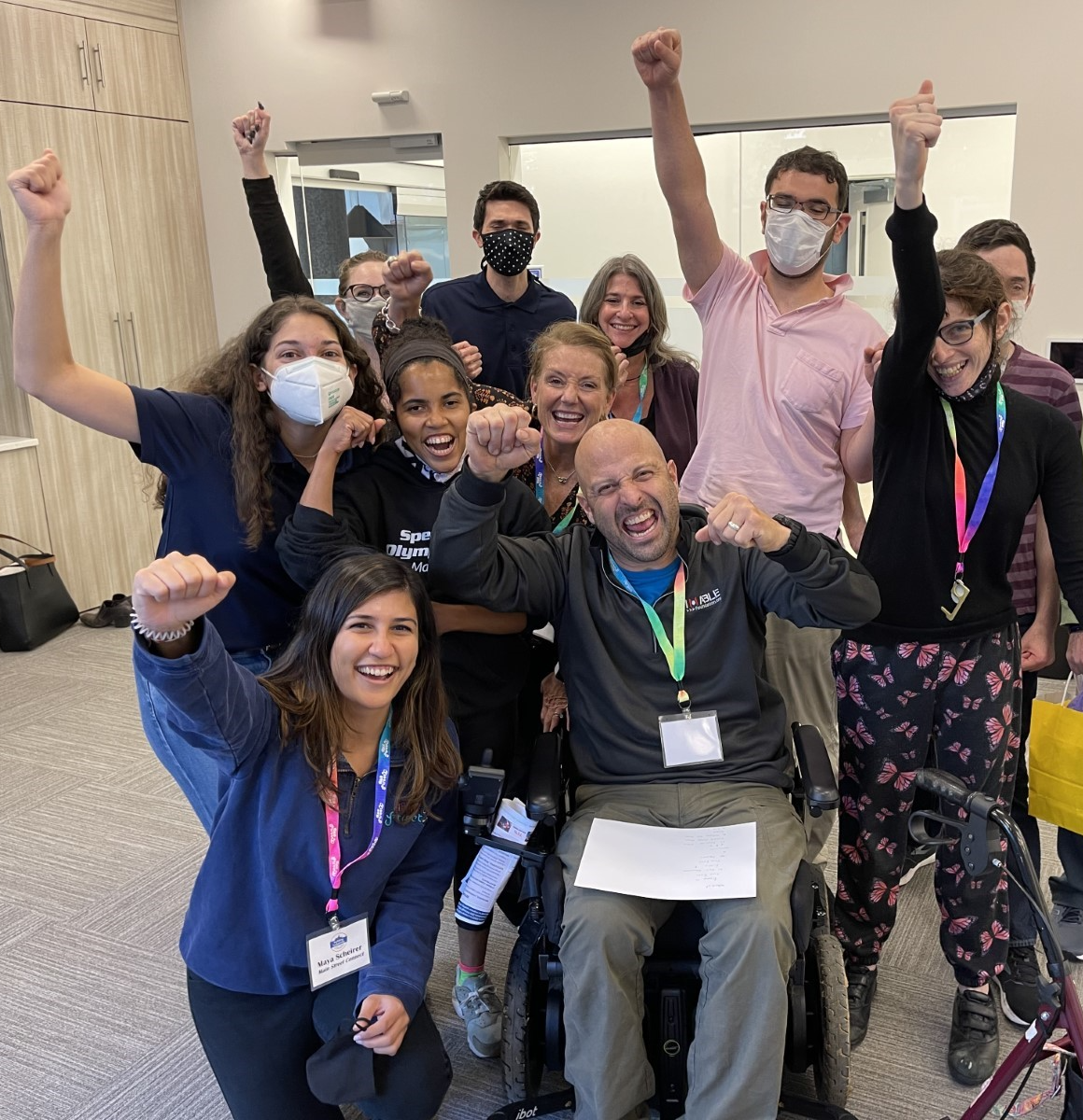On this Day of Service, many of us are looking for ways to engage kids in activities to honor Martin Luther King, Jr. Our well-intentioned efforts to serve tend to focus on once and done projects. We can enhance meaning by connecting our strategies to what Dr. King called all of us (including kids) to do: always be concerned about the collective and to fight for equality.
Dr. King challenged us to think beyond ourselves and contribute to society. In his 1956 Birth of a New Age address he asserts that “an individual has not started living until he can rise above the narrow confines of his individualistic concerns to the broader concerns of all humanity.” He wanted kids and adults alike to take responsibility for the needs of others as a daily way of being, not as isolated actions. He also emphasized action with impact, not action for action’s sake.
Typical ways of engaging kids on this Day of Service involve volunteering at non-profits or attending events that facilitate many service projects in one venue. Kids can sort food, make art, clean up parks, pack hygiene bags, and make bracelets. According to University of Kent Researcher Alison Body, “most children positively engage in charitable giving through home, school and their community; however less than 20% are aware of the cause area they are being asked to support.” Without connecting activities to a bigger sense of meaning and impact, kids could become apathetic towards service, the exact opposite of what we are trying to achieve.
So let’s think differently about today’s Martin Luther King Jr. Day of Service. Rather than seeking one activity for the day, let’s use it as the starting point for a long-term practice of community service. Let’s do it in a way that builds on kids? natural curiosity, empathy, fluid thinking and concern about equality. Let’s ensure that our efforts generate both meaning and impact. Here are some ideas for how:
- Spend time as a family reflecting on issues that matter the most to you – either individually or collectively. Trigger those conversations with prompts such as: What challenges has our family (including generations before us) struggled with? What needs do we see around us? What do all children deserve but not necessarily have? What are the issues that make us the most upset/angry/passionate? When brainstorming, always start with the youngest child so that they don’t get intimidated by the ideas of adults or older siblings. Really listen to their ideas and go with the flow rather seeding ideas for what they should care about.
- Have every family member learn more about the issues and inequities they care about. Start by finding first person narratives that will help kids (and adults!) develop an emotional connection to the issue. Help kids find books, testimonials, videos, or movies that relate to the themes they care about. Next, dig into facts. Along the way, adults can role model your own explorations of issues you care about.
- Identify local non-profits that address the issues of concern through resources like the Catalogue for Philanthropy, local community foundations, or word of mouth. Show interest in your children’s explorations and give support as needed.
- Explore ways to support the non-profit’s important mission. Put kids in charge of exploring websites and social media content. Reach out to non-profits and find out what is most helpful to them. While some non-profits may be hesitant to engage children in formal service, there are many ways that kids can contribute: writing letters expressing support, creating videos promoting the organization, creating art for staff or clients, crowdsourcing supplies or money for the organization. The possibilities are endless but may require some creativity from both kids and parents.
- Once you have identified issues of concern, built an emotional and intellectual connection to the issue, and identified non-profits that could use your support, your next step is to build long-term relationships with your chosen non-profits. Show up by spreading the word, donating, volunteering throughout the year, attending their public events, reading and contributing to their newsletters. Be their champion rather than a one time volunteer.
As Dr. King said, “Life’s most persistent and urgent question is, ‘What are you doing for others?’” In this spirit, let’s make today the day that sets us (adults and children) on a path towards regular and meaningful service.
Amy Neugebauer is the Founder and Executive Director of The Giving Square, an organization featured in the 2021-2022 Catalogue of Philanthropy. The organization amplifies the power of children as philanthropists by testing engagement strategies, developing curriculum, and distilling insights from children. In 2021, 8-10 year olds from over 20 schools successfully and joyfully allocated $30,000 to local, kid-serving nonprofits.



